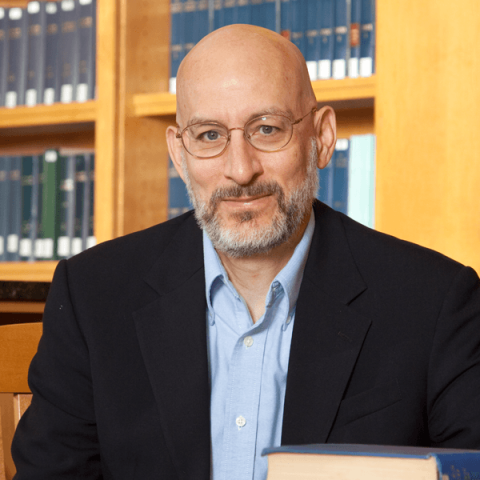
C. Steven Bradford Henry M. Grether, Jr. Professor of Law Emeritus
Professor Bradford joined the faculty in 1987. He received his B.S. degree (summa cum laude) from Utah State University in 1978; an M.P.P. from Harvard University in 1982; and a J.D. (magna cum laude) from Harvard Law School in 1982. From 1982 to 1986, he worked for the law firm of Jenkens & Gilchrist in Dallas, Texas and, during the 1986-87 academic year, he was a Visiting Assistant Professor of Law at Southern Methodist University.
Professor Bradford teaches Business Associations; Securities Regulation; and Corporate Mergers and Acquisitions.
Shannon Doering Adjunct Law Professor
Shannon L. Doering was admitted to the bar in Nebraska and U.S. District Court for the District of Nebraska in 1999. He has also been admitted to practice before the U.S. Court of Appeals for the Eighth Circuit, and before courts in South Dakota. He received his law degree from the University of Nebraska (J.D. with high distinction 1999) and graduation from Dakota Wesleyan University (summa cum laude 1996).
From 1999 through July 2000, Mr. Doering served as a judicial law clerk for the Honorable John M. Gerrard, Justice, Nebraska Supreme Court. From July 2000 to November 2002, he practiced law with Woods & Aitken LLP with emphasis in construction law and commercial litigation. From November 2002 to the present, Mr. Doering has served as Vice President and General Counsel for NEBCO, Inc. and its affiliated companies, where his practice consists largely of contract review, contract administration, surety litigation and claims handling, and commercial and construction litigation. His experience includes representation of construction general contractors, subcontractors, suppliers, sureties, and owners, before various federal and state agencies and courts.
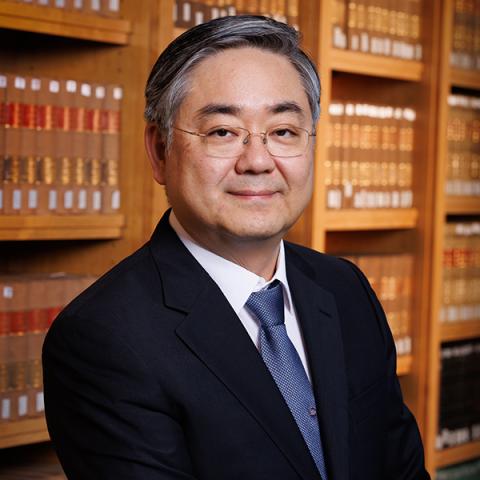
Y.S. (Steve) Lee Adjunct Professor
Professor Lee is a lawyer, economist, and international relations scholar with internationally-recognized authority in law and development and international trade law. He is currently Director and Professorial Fellow of the Law and Development Institute and Visiting Professor of Law, University of Nebraska College of Law. He has also taught and conducted academic research at prominent universities throughout the United States, Europe, and Asia for twenty years. He graduated with a degree in economics and academic distinction from the University of California at Berkeley and received law degrees from the University of Cambridge (B.A., M.A., Ph.D). He is licensed to practice law in multiple jurisdictions, including the United States (California and North Carolina) and the United Kingdom.
Professor Lee has published over one hundred academic articles, books, chapters, and shorter notes with leading publishers in North America, Europe, and Asia, in the areas of international economic law, law and development, development/institutional economics, comparative law, and international commercial arbitration. He has developed the “General Theory of Law and Development” and the “New General Theory of Development Economics,” which examines the causal mechanisms by which law impacts development and analyzes the constituent elements of economic development, respectively. He is currently an associate editor of the Journal of World Trade and the founding editor-in-chief of the Law and Development Review.
Professor Lee participated in a number of bilateral and multilateral negotiations on international trade and investment at international forums such as the United Nations Commission on International Trade Law. He has appeared before WTO dispute settlement panels and the WTO Appellate Body as a government counsel, and advised national governments, international law firms, and consulting companies on international trade and development projects and major international commercial arbitration cases. He has frequently spoken on issues of international economic law, law and development, and the WTO through over seventy speech engagements at prominent forums such as Harvard University Kennedy School of Government, Johns Hopkins University School of Advanced International Studies, and the World Bank.
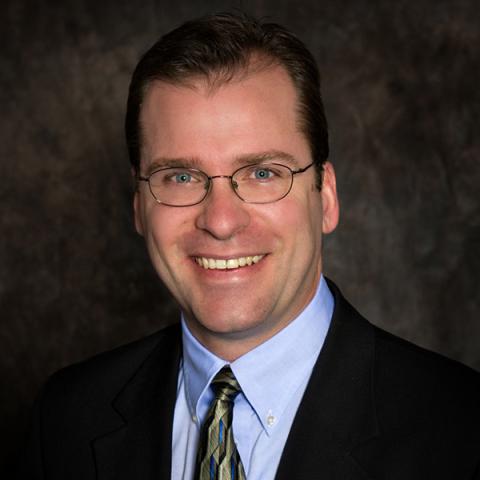
Timothy L. Moll Adjunct Law Professor
Timothy L. Moll is a partner with the law firm of Rembolt Ludtke LLP and works out of the firm’s offices in Seward and Lincoln. He practices in the areas of taxation, municipal finance, entity planning, estate planning and probate administration. He received his Bachelor of Arts Degree in Business Administration from Concordia College, Seward, Nebraska, and his Juris Doctor (with highest distinction) from the University of Nebraska College of Law. He is an adjunct tax professor at the University of Nebraska College of Law and a regular presenter on tax and estate planning topics. He is a fellow of the American College of Trust and Estate Counsel, a fellow of the Nebraska State Bar Foundation and a Board Member and past President of the Great Plains Federal Tax Institute. He lives in Seward with his wife, Sara, and five children. He is a member of The Rock Lutheran Church in Seward and serves on the Board of Regents for Concordia University Nebraska.
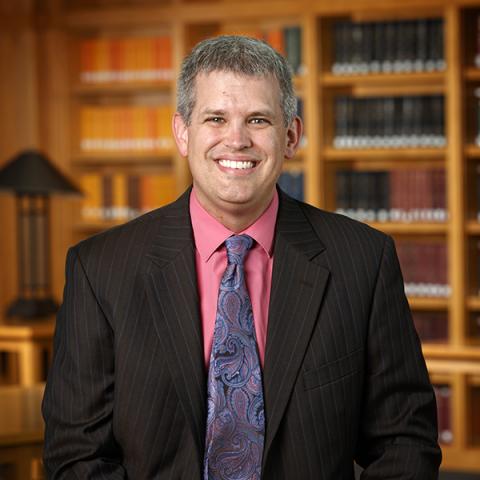
Brett C. Stohs Clinical Associate Professor of Law & Cline Williams Director of the Weibling Entrepreneurship Clinic
Professor Stohs joined the faculty in March 2012 to establish and direct a new in-house legal clinic that provides legal assistance to entrepreneurs and startup businesses. Since the Weibling Entrepreneurship Clinic opened in 2013, Professor Stohs has been pursuing research interests in the application of mind mapping software to clinical legal education. His particular interests relate to using mind mapping techniques to optimize client assignments to student participants in a live-client clinic.
Prior to joining the faculty, Professor Stohs worked in private practice for over six years, focusing primarily on mergers, acquisitions, and other corporate and transactional matters for domestic and foreign clients in a variety of industries. From 2005 to 2011, Stohs practiced with Sutherland Asbill & Brennan LLP in Washington, DC, and in 2011 he joined Rembolt Ludtke LLP in Lincoln. While at Sutherland, Stohs served as a work assignment coordinator for the firm's summer associate program, and as the pro bono coordinator for the firm's partnership with the Advocacy & Justice Clinic operated by the D.C. Bar.
Professor Stohs received his J.D., cum laude, from Duke University School of Law, where he served as Executive Editor for the Duke Law & Technology Review. Stohs also received a Master of Public Policy from the Sanford Institute of Public Policy, and a B.A. in mathematics and political science, with honors, from the University of Nebraska-Lincoln. He is a member of the Nebraska State Bar Association, the American Bar Association, and the Clinical Section of the Association of American Law Schools.
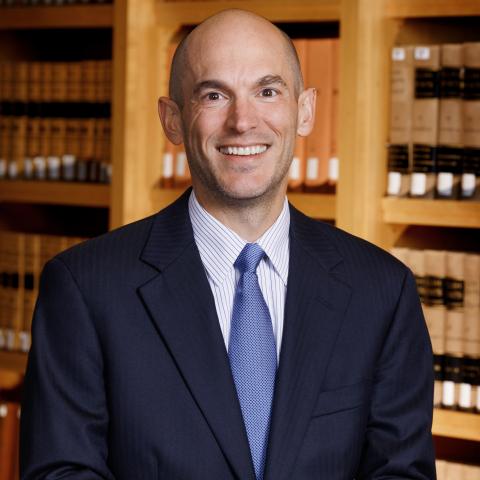
Adam Thimmesch Margaret R. Larson Professor of Law
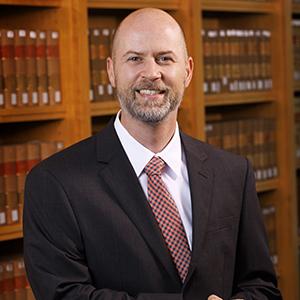
Paul Weitzel Assistant Professor of Law
Professor Paul Weitzel joined the UNL faculty in 2022. Prior to that he worked in Silicon Valley and the Middle East conducting international transactions on six continents. His most notable deal was the initial public offering of the Saudi Arabian Oil Company, the largest initial public offering to date. Professor Weitzel’s experience covers mergers and acquisitions, international and domestic capital markets, venture capital and infrastructure.
Professor Weitzel’s scholarly research aims to humanize the corporate experience. His work explores the legal and governance constraints that drive antisocial corporate behavior, with the goal of revising the underlying theories of corporate purpose and corporate personality to empower executives.